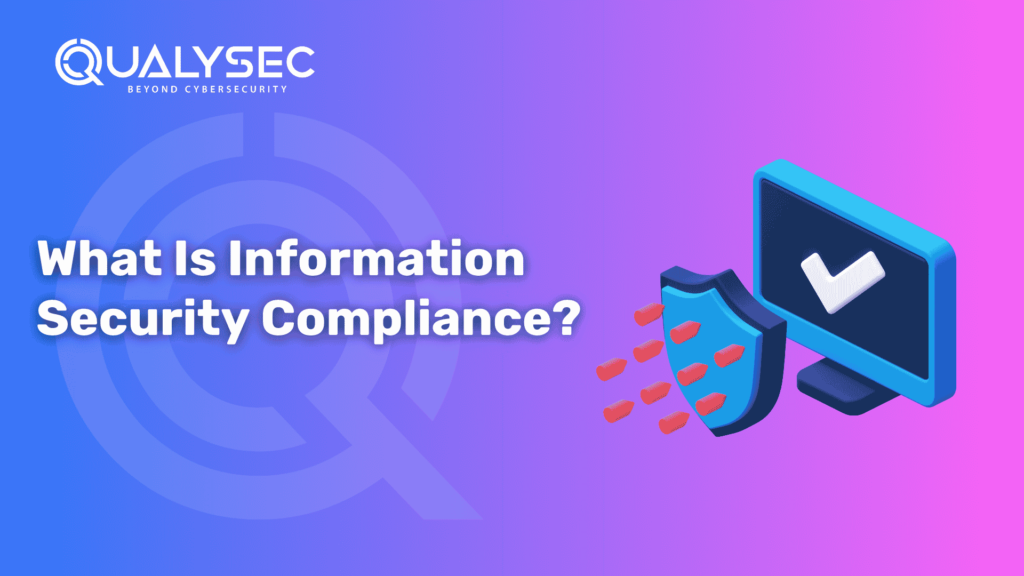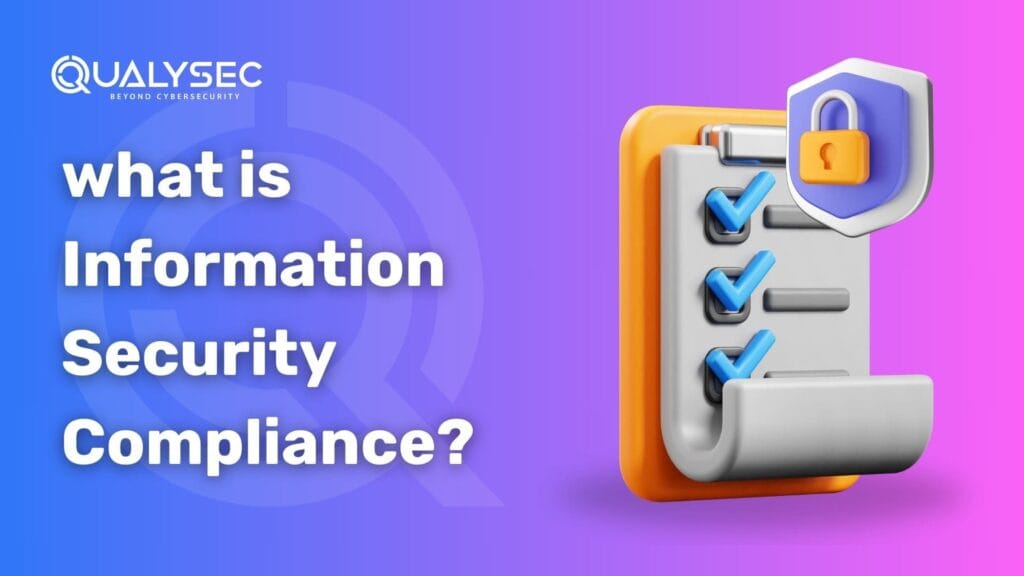Cybersecurity Compliance Testing for Qatar Businesses 2025 Guide
In Qatar, companies have to comply with strict cybersecurity rules to help protect their data and systems. The NCSA covers general information and guidance, but many industries, such as finance and healthcare, and government departments may supersede their information. Regular cybersecurity compliance testing is important- it allows you to pinpoint problems and also demonstrates that you comply with the relevant standards and security of customer data. What Is Cybersecurity Compliance Testing? In a way, cybersecurity compliance tests are like health checks on your organization’s IT systems—they make sure that you are getting it right when it comes to laws and security regulations. In Qatar, this includes national laws such as the Cybercrime Prevention Law and the National Cyber Security Agency (NCSA) guidance. Depending on which industry you are in, you may also have to comply with global standards including ISO 27001, NIST, or PCI DSS. Cybersecurity compliance testing will help you identify security gaps in your organization; ensuring you are on the right side of the law, and demonstrating to your customers that you protect their data. Talk to a Compliance Testing Expert – Book a Free Call Now. Talk to our Cybersecurity Expert to discuss your specific needs and how we can help your business. Schedule a Call How to Keep Your Business Cyber Compliant In Qatar, maintaining compliance with cybersecurity regulations entails ensuring readiness and vigilance. First, familiarize yourself with the local regulations. Compliance in cyber security is clear from the National Cyber Security Agency (NCSA). You might also need to comply with worldwide standards, depending on your line of business (ISO 27001) or PCI DSS. Second, ensure you test your systems regularly. This includes, but is not limited to, vulnerability scanning, risk assessment, and penetration testing. These tests give you the chance to resolve issues before hackers find them. Third, keep your security policies and documents up to date. Train your employees to keep them aware of what they should look for online to keep their online experiences secure. The actions of just one careless employee could give opportunistic hackers access to your system. It could also be worth it to have a third-party expert assess the security of your systems. What you might overlook, a third-party audit might find. Lastly, remain vigilant. Cyber threats evolve continuously, and your security can change just as swiftly. Information security compliance with regulations is not just about compliance with rules. Compliance with regulations is about the ongoing protection of your business and earning the trust of your customers. Why Cybersecurity Compliance Matters in Qatar In Qatar, organizations need to comply with NCSA rules for data protection – especially if an organization processes sensitive, government or financial information. Failure to comply with these can lead to fines, risk to reputation and loss of business. With the rapid increase in cyber threats including hacking and phishing – regular testing of your systems allows organizations to identify flaws early and fix them quickly. Compliance is also a way of demonstrating to customers that you care about their data and their trust in your ability to keep it safe. Not Sure If You’re Compliant? Get a Quick Compliance Check with Qualysec. Types of Cybersecurity Testing for Compliance It’s important for businesses in Qatar to regularly test their IT systems to maintain cybersecurity compliance standards and protect their business. Several tests identify vulnerabilities, work to improve security, and ensure you are compliant with local and international laws. Here are the two most important types of cybersecurity testing that every business should be aware of: 1. Vulnerability Assessment A vulnerability assessment tests your systems, software, or networks to find known weaknesses (also known as “vulnerabilities”). You can think of a vulnerability assessment as checking to see if your office doors and windows are locked properly. Vulnerability assessments are quick and can allow you to fix vulnerabilities before hackers exploit them. 2. Penetration Testing (Pen Testing) Penetration testing (also known as pen testing) is an ethical attack, which is an actual attack carried out by ethical hackers. The pen testers simulate the same methods, techniques, and tools as a true cybercriminal would to break into your systems. A pen test can show you how strong your defense is and whether your vulnerabilities can be exploited in the real world. 3. Risk Assessment Risk assessment test allows you to see which aspects of your business are most at risk. It assesses what data you hold, where the data is stored, and how likely the data is to be targeted. This allows you to focus your security efforts on the most important elements. 4. Security Configuration Review This test looks into how your software, devices, and firewalls are configured. Even a simple configuration mistake can expose your business to cyber threats. A security configuration review validates that your systems are configured to be as protected as possible. 5. Compliance Audit A compliance audit ensures that your business is implementing all required cybersecurity laws and standards. It inspects policies, staff training, documentation of all policies, and administration of your overall security posture. Compliance audits are conducted by external experts most of the time. Conclusion Maintaining compliance with cybersecurity laws in Qatar is essential for protecting your business and being trusted by your customers. By continuously testing yourself, performing risk assessments, and establishing solid policies, you tackle today’s threats and ensure governance cyber security compliance with NCSA and industry standards. If you are looking for professionals to help, Qualysec is a trustworthy cybersecurity company with end-to-end cybersecurity compliance testing and security solutions for businesses operating in Qatar. The certifying body will find all of the risks on your systems, help you fix vulnerable technology and processes, and you will be 100% compliant. Want to ensure your business is secure? Contact Qualysec today and book your free consultation. FAQ’s 1. What Is Compliance Testing In Cyber Security? Compliance testing in cybersecurity ensures that your systems, organisation, processes,






